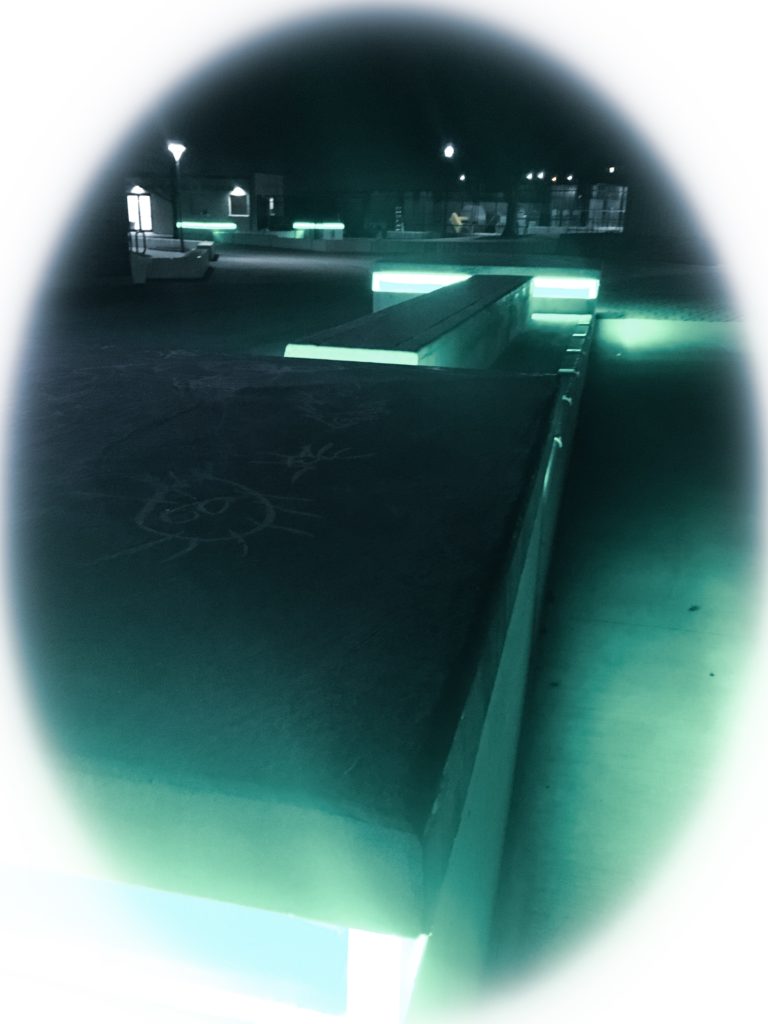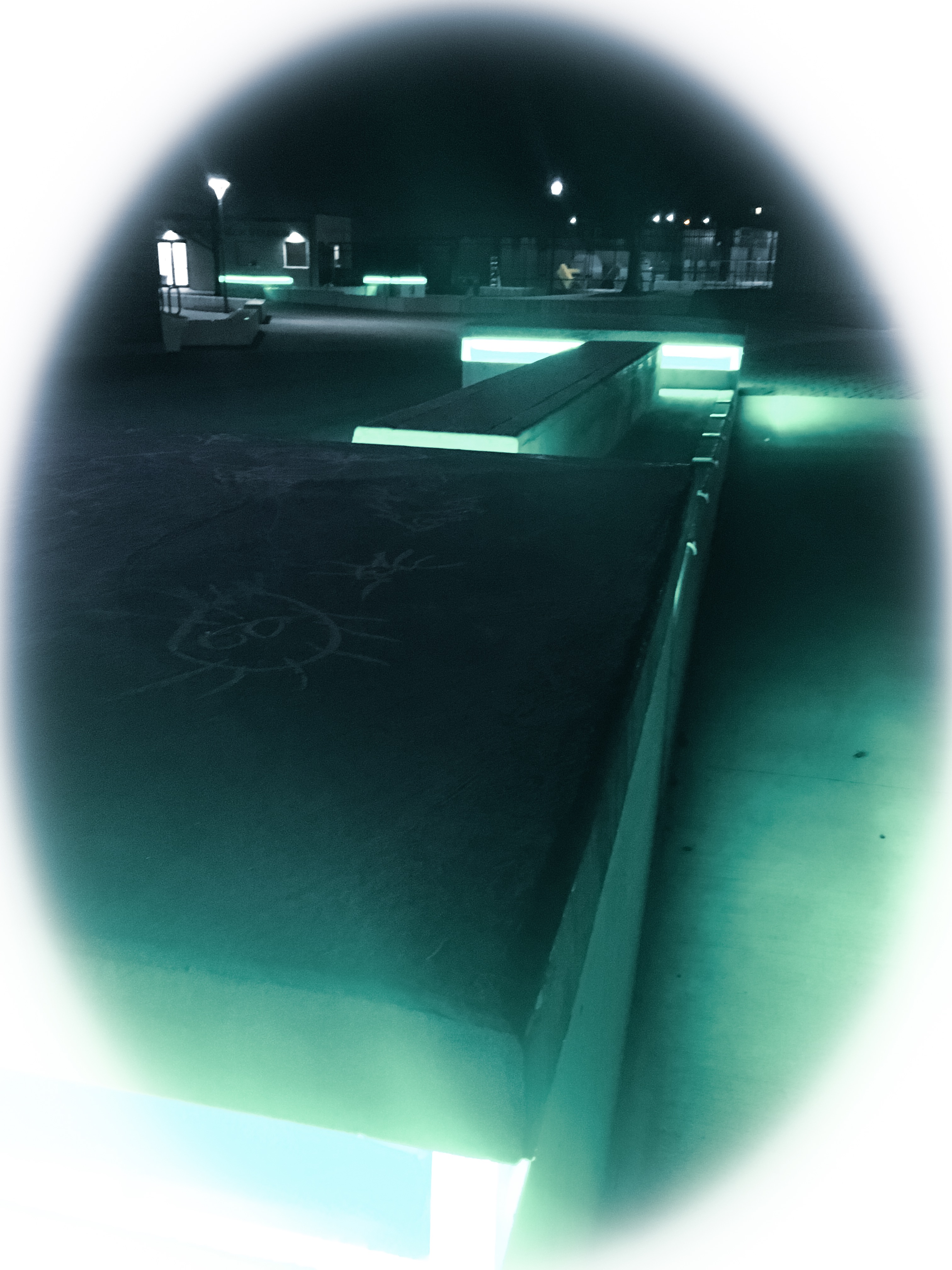
[This is a spoiler-free post]
I was a nerd in high school. More concerned with schoolwork than friends, I was the girl who would bring a book to read at dances.
I don’t regret focusing on my grades, but sometimes I wish I would have spent more time fostering relationships with my fellow classmates.
I had the honour of watching Booksmart a month before its official release, and I found I really resonated with the two main characters. After discovering that their classmates had gotten into prestigious schools while still maintaining an active social life, Molly (played by Beanie Feldstein) convinces her best friend Amy (played by Kaitlyn Dever) they they should let loose on their final night as high school students.
Here are some valuable lessons that can be gleaned from Booksmart:
1. Perfectionism isn’t everything
Aside from accolades from your teachers and the promise of scholarships, there are no rewards for being perfect.
On paper, an A+ is objectively better than a B-, but in reality the grade will not predict how one does in life.
The late Steve Jobs, the man that gave us the iPhone and revolutionized communication, did not succeed because he did every assignment and scored perfect on every test. In fact, Steve Jobs never finished college; he dropped out to make Apple, one of the most important companies on the planet.
You want to see what a life devoted to the A’s will get you? Look no further than tragedy of Olympic athlete Debi Thomas, and the predatory Golden Key society.
2. Relating to other people can make you a better person
Despite being a successful, accomplished student, Molly is not well-liked among her peers. At the start of the movie, Molly gives off a haughty, superiority vibe. Her world view is challenged when she learns her more popular (read: less academically-obsessed) peers got into respectable schools, despite not dedicating all her time and energy toward their studies.
At first the audience is expected to see these other students as antagonists, people undeserving because of a perceived lack of priorities.
But over the course of the film we learn that the students Molly despised were not cliché, one-dimensional jocks and mean girls. These are characters with their own hopes and dreams and insecurities, who will likely have to grapple the same emotional minefield of post-secondary life as she will.
HOWEVER, because Molly’s peers strove for a more balanced high school life, they may actually be more successful as they try to juggle school and other activities.
I think I missed out on a lot of valuable friendships in high school and university because I didn’t try to understand my classmates. I had this narrow us vs. them mentality, where any person who deigned to “party” instead of study was doing it wrong.
Truth was, I was still a teenager who didn’t have all the answers, and it turns out that I was the one in the wrong.
Instead of getting to know my classmates, I did the very thing I perhaps wrongly accused them of doing to me, putting them in a box. If I actually tried to make more of an effort to connect, I may have learned that I had a lot in common with the people in my classes, and I wouldn’t have felt so alone.
3. You only live; don’t be afraid to take chances and get dirty
Throughout Booksmart, Molly and Amy express admiration for strong female role models (Malala comes up several times – if you don’t know who she is, GOOGLE IT and read her autobiography, her story is amazing! Okay, tangent over).
Ironically, despite having a love for these women, the two main characters are probably more afraid than any of their peers, as they had never really DONE anything. They never took risks, they never experimented, and that left them devoid of all the valuable life lesson they could have gleaned from making mistakes and getting a little dirty.
Amy in particular has an interesting story arc that brings her into unfamiliar territory. With the help of her best friend, she takes risks, makes herself vulnerable, and in the end has an experience that was both unexpected but also enriched her character.
I’m now of the belief what doesn’t kill you make you stronger. There’s no prize awarded at the end of your life for having a safe, uneventful existence.
You might do things that get you in trouble, or do something that seemed right at the time but may not be right at all. AND THAT’S OKAY, especially if you’re still young. It becomes more difficult to take risks as you get older and take on more responsibilities.
Sean Wes makes an excellent case on reading vs actually DOING:
Consuming a lot of content might make you feel productive, but you won’t get any value until you do something about what you consume. pic.twitter.com/eB1X5F1Llr
— Sean McCabe (@seanwes) May 17, 2019
You can try to PREPARE for your life ‘til the cows come home, but unless you put what you learn into action, you’re procrastinating. You’re stalling your own personal growth!
No one says you can’t read the books, but unless the knowledge is put to good use you are only wasting time. At least those jocks, mean girls, and bullies are “wasting their time” having fun and experiencing life. What will you have to show for all your “preparation”?
I used to think that I had to choose between a life of knowledge and a social life. Now I know the two do not have to be mutually exclusive. In fact, to live one’s best life, you must try to incorporate both.
If I were to go back in time today, I would still take my schoolwork seriously, but I would have put more stock in experiencing high school life, as I feel it would have made for a more enriching experience.
Your best years don’t have to be in high school. But with a little effort and an open mind, they also don’t have to be your worst.
What do you think? Do you agree or disagree? And will you go see Booksmart in theatres on May 24th?
*This post contains affiliate links*
